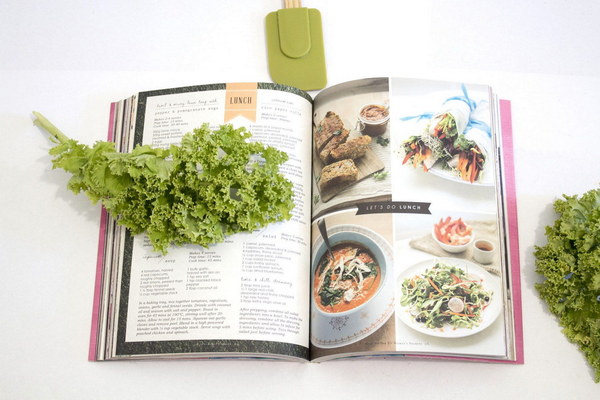Stay Warm and Healthy Tips for Cold-Prone Individuals
Introduction:
Coldness is a common sensation experienced by many individuals, especially during the cold season. It not only affects our comfort but also our overall health. If you find yourself feeling particularly susceptible to the cold, it's essential to adopt a few lifestyle and dietary habits to keep yourself warm and healthy. In this article, we'll explore some effective tips for cold-prone individuals to help them stay cozy and well throughout the year.
1. Dress Appropriately:
Layering is the key to staying warm. Wear thermal clothing, such as long johns, thermal underwear, and warm socks. Add an insulated jacket, a scarf, a beanie, and gloves when going outdoors. It's also crucial to choose fabrics that retain warmth, such as wool, cashmere, and synthetic fibers like polypropylene.
2. Keep Your Home Warm:
Insulate your home to prevent heat loss. Seal any drafts around windows and doors with weatherstripping or caulk. Consider using a space heater in rooms where you spend the most time. Invest in a good-quality heating system, such as a furnace or a fireplace, to keep the temperature comfortable.
3. Eat Warm Foods:
Warm foods can help generate heat within your body. Incorporate warm soups, stews, and hearty meals into your diet. Foods high in calories, such as nuts, seeds, and avocados, provide energy and keep your body warm. Consume spices like ginger, turmeric, and cinnamon, as they have warming properties.
4. Stay Hydrated:
Drinking warm beverages, such as herbal tea or warm water with lemon, can help increase your body's internal temperature. Avoid cold drinks, as they can make you feel even colder. Aim to drink at least eight glasses of water daily to stay hydrated and maintain a healthy body temperature.

5. Exercise Regularly:
Regular physical activity can improve your circulation, helping you stay warm. Engage in activities like walking, cycling, or swimming, which allow you to generate heat through movement. Exercise indoors during the cold season to avoid getting too cold.
6. Get Adequate Sleep:
Proper sleep is essential for maintaining a healthy body temperature. Aim for 7-9 hours of quality sleep each night. Create a comfortable sleep environment by using warm bedding, such as flannel sheets or an electric blanket.
7. Manage Stress:
Stress can cause your body to produce more adrenaline, which can lead to a decrease in body temperature. Practice stress-relieving techniques like meditation, deep breathing exercises, or yoga to help maintain a stable body temperature.
8. Take Warm Baths or Showers:
Taking warm baths or showers can help increase your body temperature and relax your muscles. Adding Epsom salts or essential oils like lavender can provide additional comfort and relaxation.
9. Stay Active:
Engage in regular physical activities to improve your overall health and circulation. This can help keep you warm even during cold weather. Consider joining a gym or participating in group sports.
10. Visit a Healthcare Professional:
If you continue to feel cold despite implementing these tips, it's essential to consult a healthcare professional. They can help identify any underlying conditions that may contribute to your cold sensitivity.
Conclusion:
Feeling cold is a common concern for many individuals, but it's possible to manage and alleviate these feelings by adopting a few lifestyle and dietary habits. By following these tips, cold-prone individuals can stay warm and maintain their health throughout the year. Remember that it's essential to consult a healthcare professional if you continue to experience cold sensitivity despite implementing these strategies.









